The president of the European Union’s ERC scientific research council has resigned after three months in the job with an attack on the EU’s scientific governance and political operations.
Mauro Ferrari said he had lost faith in the system after he failed to set up a special programme to fight coronavirus.
But the research council said later his resignation followed a written, unanimous vote of no confidence.
It said it regretted Prof Ferrari’s comments.
“Since his appointment, Professor Ferrari displayed a lack of engagement with the ERC, failing to participate in many important meetings, spending extensive time in the USA and failing to defend the ERC’s programme and mission when representing the ERC,” it said in a statement.
The EU’s executive insisted it had the most comprehensive measures to combat the virus.
One MEP had earlier been quoted accusing Prof Ferrari of taking a “window-dressing public relations stand”.
Who is Mauro Ferrari?
Mauro Ferrari is an Italian-American scientist known as a pioneer in the field of nanomedicine with decades of work in the US. When he took up the role as head of the European Research Council he stressed his commitment to serving society.
In a statement to the Financial Times and Corriere della Sera in Italy, he spoke of his commitment to the “idealistic dream of a United Europe… crushed by a very different reality”.
As the tragedy of the pandemic became clear Prof Ferrari says he pushed for a special programme directed at combating Covid-19, with the world’s best scientists having the resources to fight it with new drugs, vaccines, diagnostic tools and behavioural approaches based on sciences “to replace the oft-improvised intuitions of political leaders”.
His proposals were rejected unanimously, he said, by the council’s governing body because the ERC funded “bottom-up” research proposed by scientists themselves and did not see the beneficial impact on society as a justification for funding.
Prof Ferrari describes how he then worked directly with European Commission President Ursula von der Leyen and developed a plan which she contributed to.
However, he complains his direct involvement with Mrs von der Leyen “created an internal political thunderstorm” and once it went to the different parts of the Commission he believes it “disintegrated upon impact”.
Source: BBC
































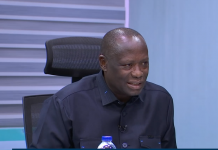

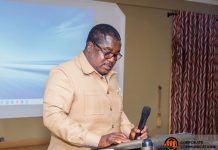




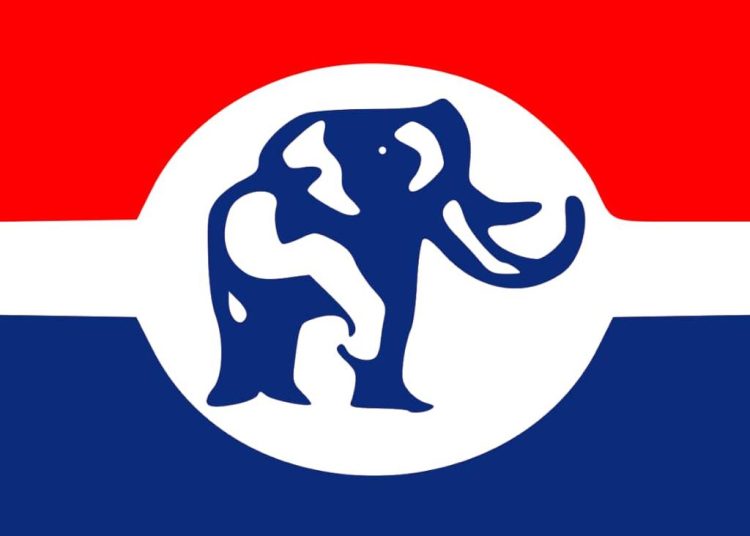















![[FREE FREE MONEY] Predict and Win a Guaranteed GH¢200 From Us EVERY WEEK](https://wordpress.ghanatalksradio.com/wp-content/uploads/2022/02/Predict-and-Win-Final-09-03-2021-218x150.jpg)
![[Predict & Win – 8th/Oct.] WIN A Guaranteed ¢200 From Us This Week](https://wordpress.ghanatalksradio.com/wp-content/uploads/2021/10/maxresdefault-16-218x150.jpg)
![[Predict & Win – 2nd] WIN A Guaranteed ¢200 From Us This Week](https://wordpress.ghanatalksradio.com/wp-content/uploads/2021/09/maxresdefault-50-218x150.jpg)
![[Predict & Win – 25th] WIN A Guaranteed ¢200 From Us This Week](https://wordpress.ghanatalksradio.com/wp-content/uploads/2021/09/maxresdefault-36-218x150.jpg)
![[Predict & Win – 18th] WIN A Guaranteed ¢200 From Us This Week](https://wordpress.ghanatalksradio.com/wp-content/uploads/2021/09/maxresdefault-23-218x150.jpg)
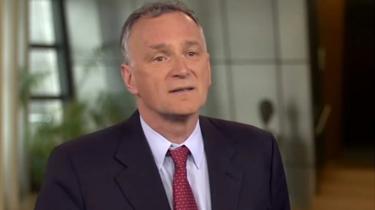


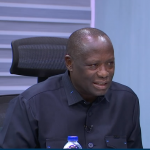




![[National cathedral] See full list of churches that have contributed since 2018](https://wordpress.ghanatalksradio.com/wp-content/uploads/2020/09/Ghana-National-Cathedral-GhanaTalksRadio-100x70.jpg)



